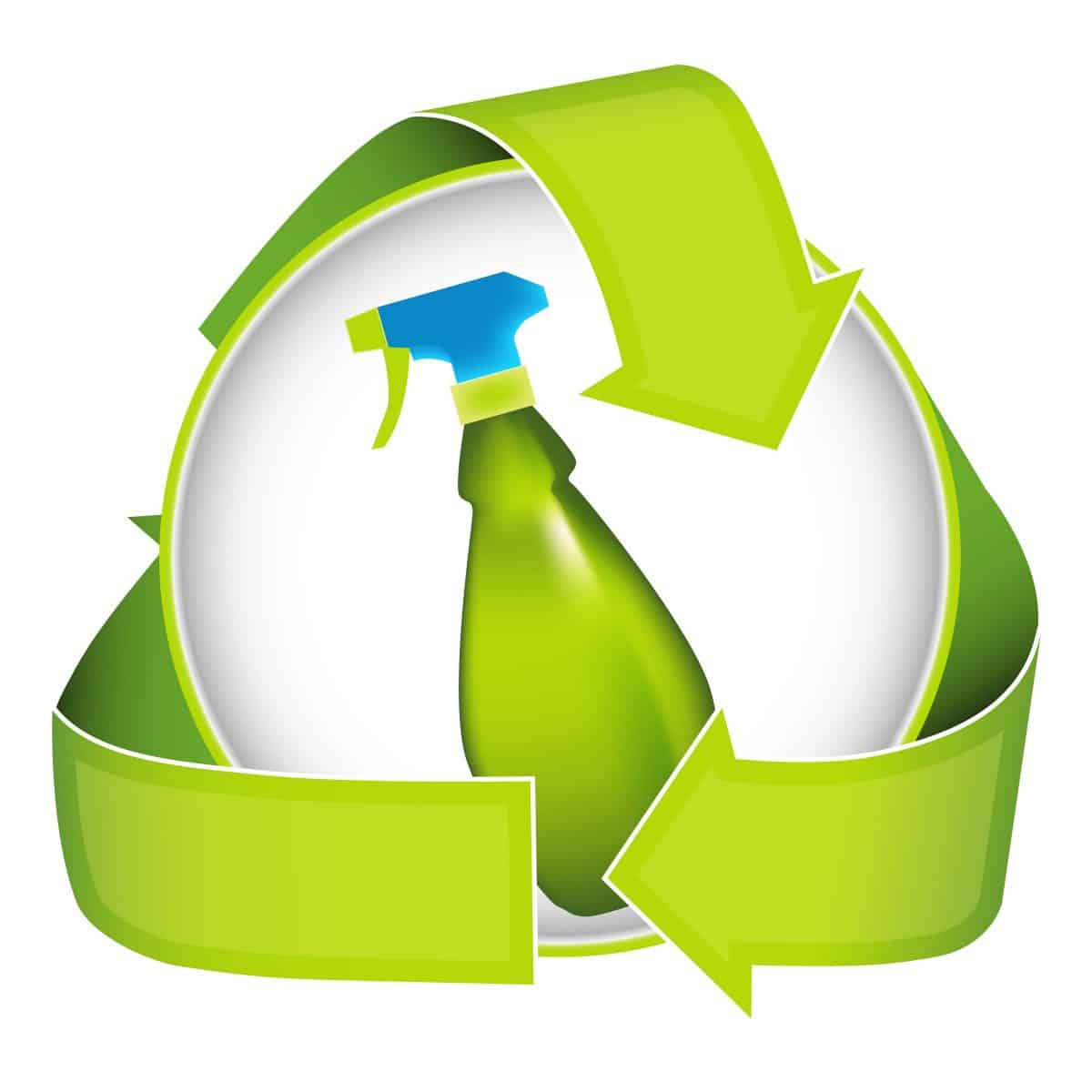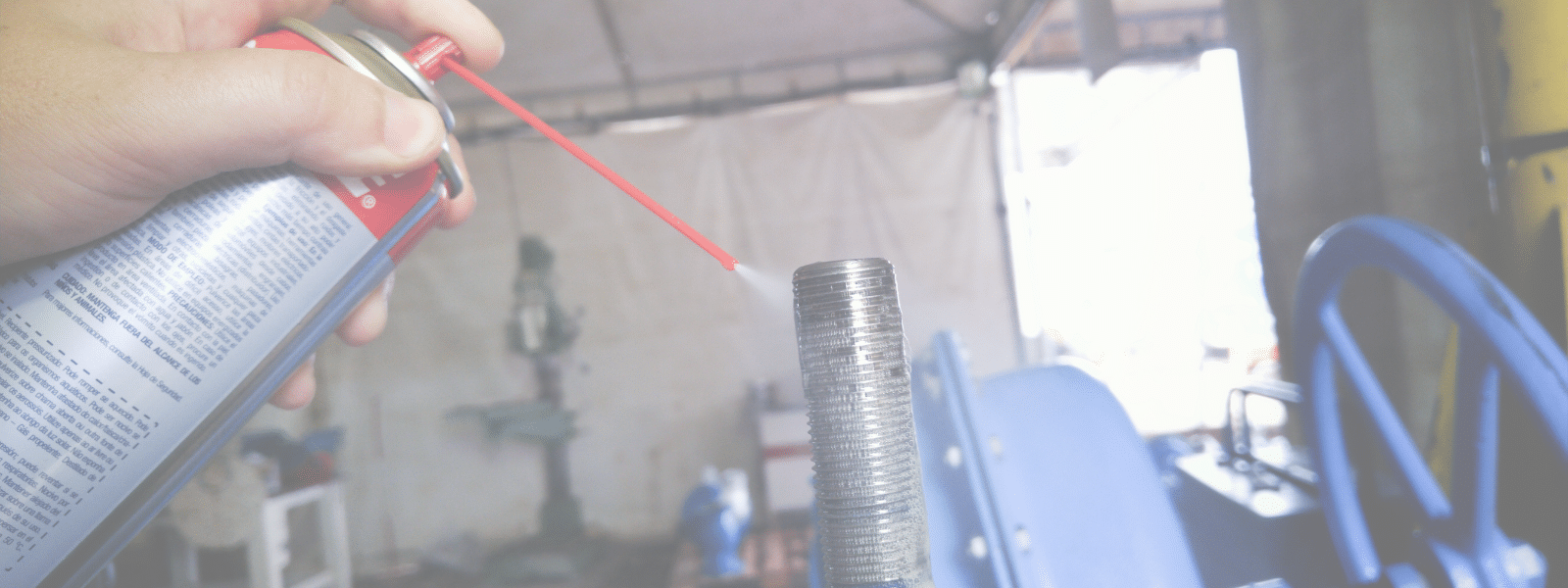Solvent recycling — also known as “solvent recovery” — is the process of eliminating solvent by taking used solvent and separating it from soils it removes during the cleaning process.
Can solvent recycling save money? This is a question organizations often ask before they invest in a recyclable solvent or a parts washing system that facilitates solvent recycling. The short answer is yes, but many organizations also ask: How can solvent recycling save money? We answer the question below.
Reduces Solvent Purchases
Reusing solvent is like reusing anything else: You don’t have to replace the product until its useful lifespan is over. The number of times a recyclable solvent can be reused and achieve top results depends on the solvent, the soils it removes, and the material it removes them from.
In the best case scenario, a solvent can be reused multiple times, and still deliver the efficacy it displayed during initial use. Over time, using a recyclable solvent instead of a non-recyclable one can eliminate buying drums of solvent that would need to be purchased otherwise.
Reduced Waste Disposal
Some large-scale solvent users purge their solvent trap multiple times a month. More often than not, it isn’t just one or two solvents that fill the receptacle. However, even a single solvent — a large volume of which is used daily and captured in the trap — can be a major contributor to filling the reservoir to capacity.
Even if you only have the option of recycling a single solvent, it could significantly reduce waste disposal cost, depending on the volume of the cleaner that normally enters the trap. This factor should be considered when assessing the return on investment (ROI) for a new solvent, or a new parts washing system that performs solvent recycling.
Reduced Chemical Exposure
If you use solvents that are hazardous to humans and the environment, replace them with solvents that are non-toxic. If that currently isn’t an option, using the solvents in a sealed parts washing system that recycles them internally can be a temporary compromise.
Using hazardous solvents in a closed parts washing system doesn’t replace using an air filtration system in the work area or equipping workers with high-level personal protective equipment (PPE). However, any measure you take to reduce exposure helps save money by reducing the chance of chemical injuries and payouts they involve.
Need Recyclable Solvents?
Can solvent recycling save money? The answer is yes. But first, you need to invest in recyclable solvents and/or the equipment needed to recycle them. After examining your solvent needs and cleaning processes, Ecolink can offer advice on making the right selections.
In addition to supplying a stock solvents and custom solvents, we can provide environmentally preferable replacement solvents for cleaners that contain hazardous air pollutants (HAPs). To get started on selecting eco friendly, recyclable solvents, call us today at (800) 563-1305, or use the contact form on our website.















